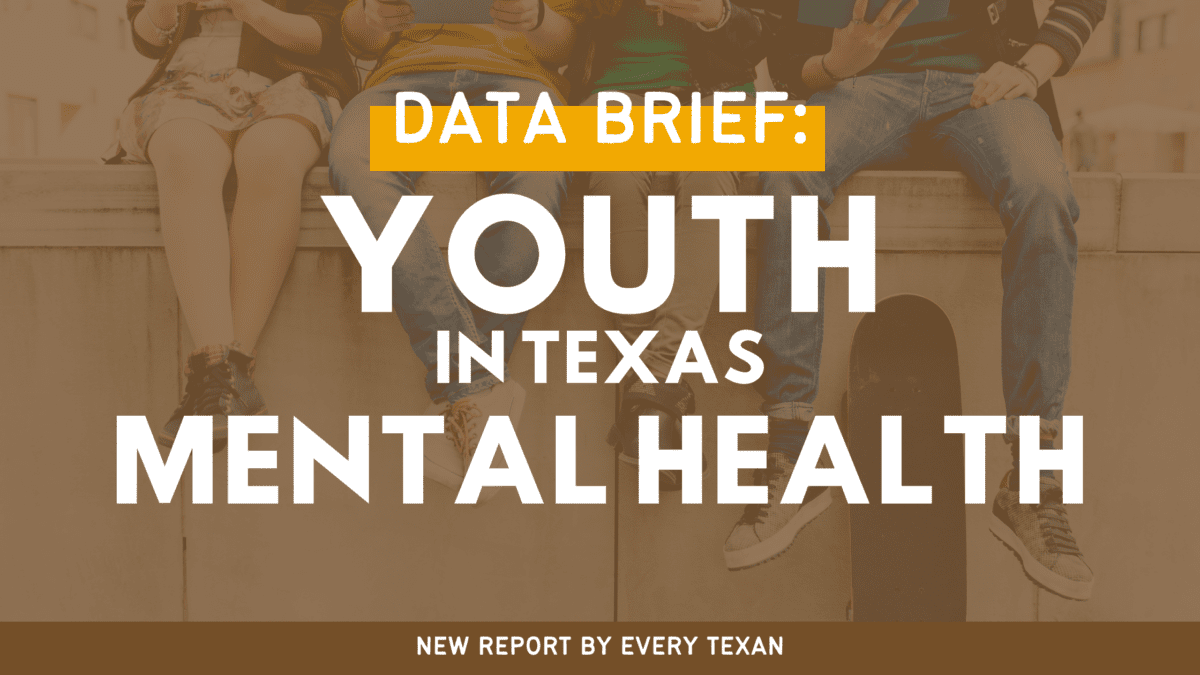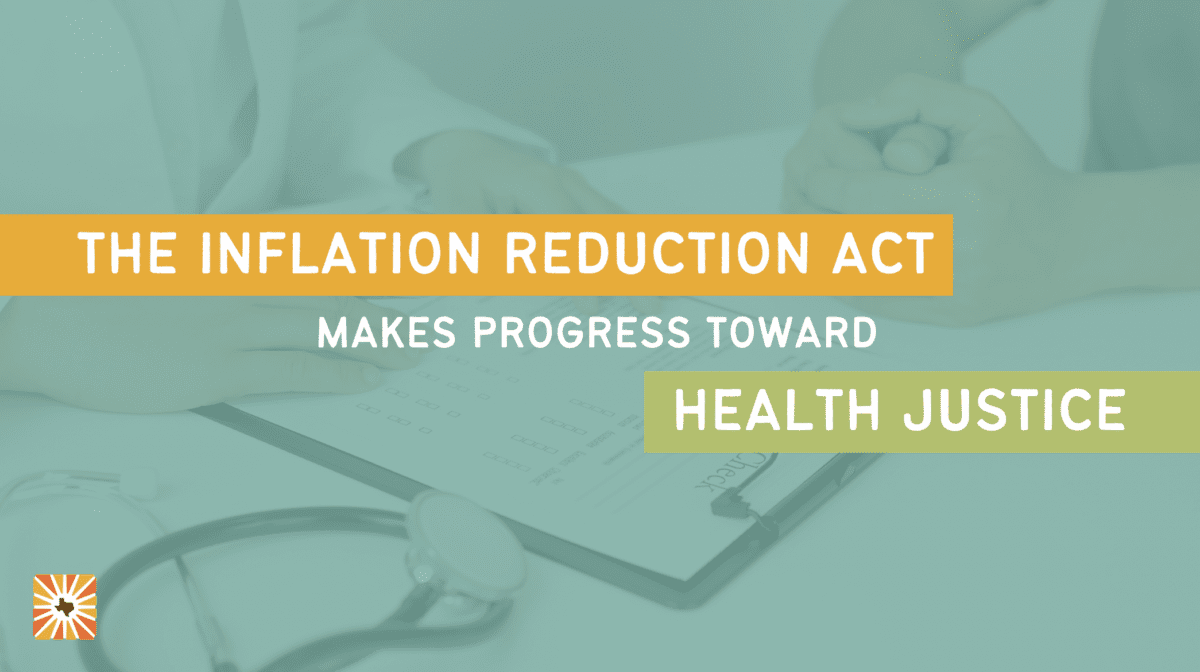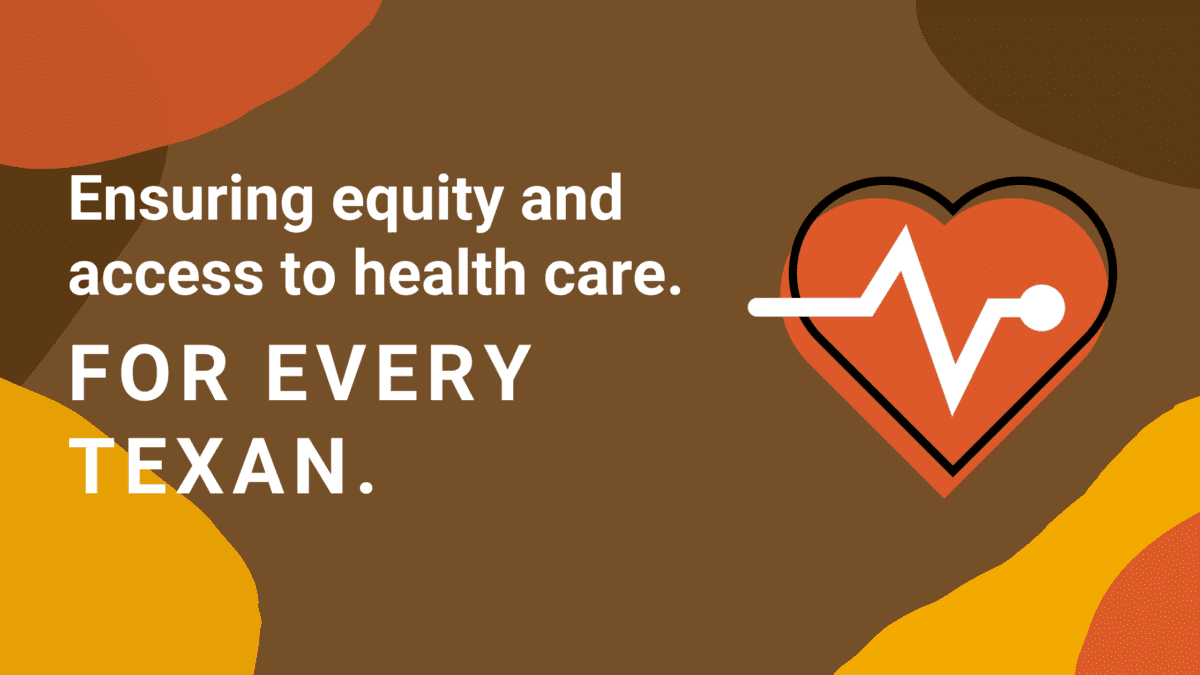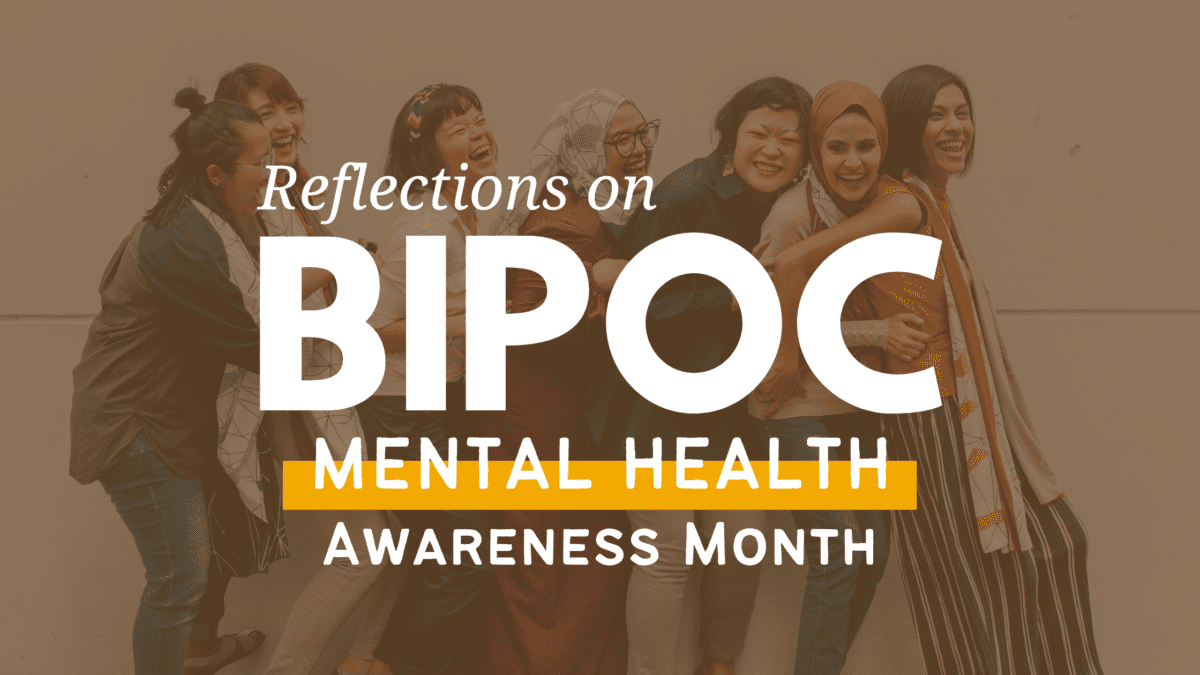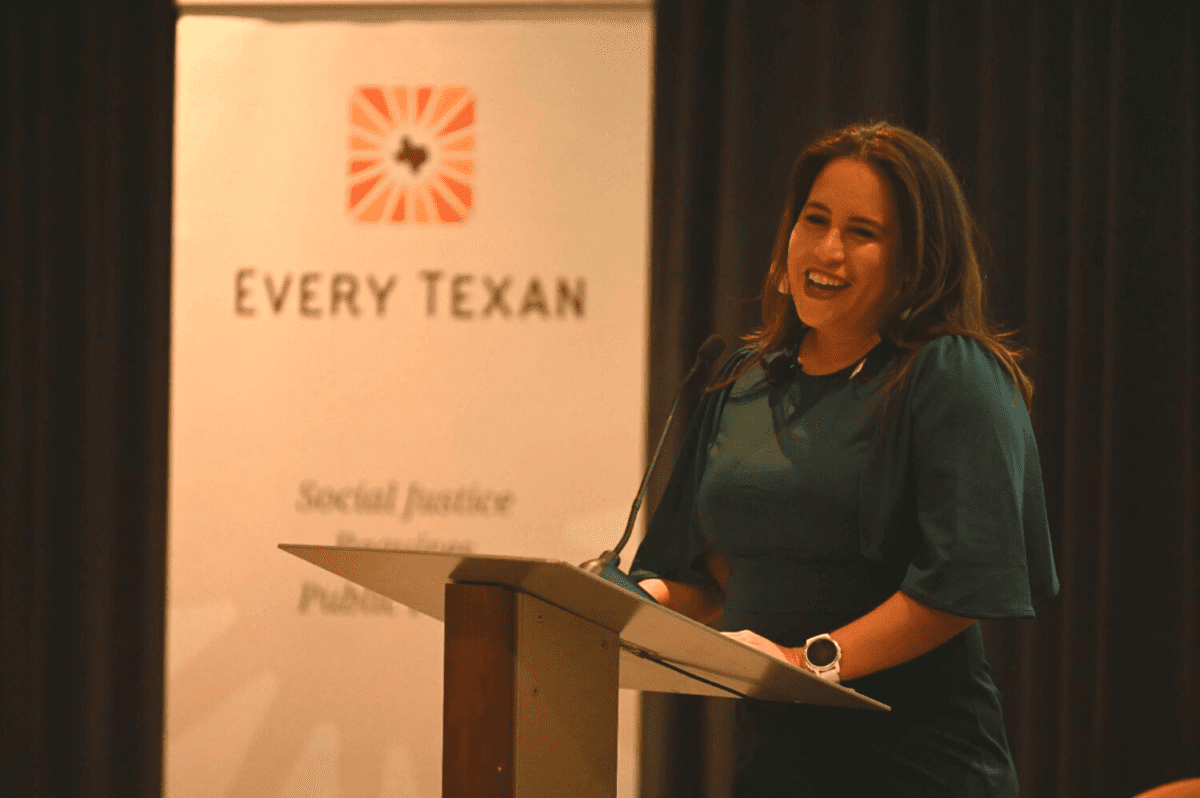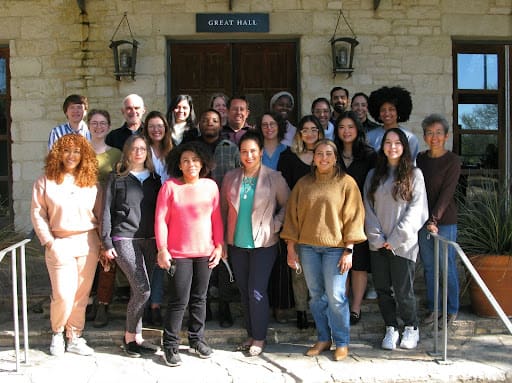This blog was authored by Every Texan’s Southern Education Leadership Initiative (SELI) Fellow Jack Kiggins.
Race Class Narrative (RCN) and its messaging strategy potential is an encouraging step forward in the fight for education equity. As a Southern Education Leadership Initiative (SELI) Fellow new to the fight for fair education, comprehending the extent of ongoing neglect impacting students from historically underrepresented groups can be overwhelming. To maximize support for change, informing the public about dog whistle diversion is necessary to achieve equitable education and a more just government.
As a white male entering the field of education equity, learning about racist dog-whistling greatly shaped my understanding of inclusive messaging. Discriminatory policies are often used to strategically preserve the class structure and limit progress – a groundbreaking realization in my perception of policymaking in the United States. The targeted suppression of historically underrepresented groups limits everyone’s progress. For generations, powerful figures have constrained economic prosperity and access to public resources for entire groups.
My language choice has also evolved with RCN. Experts explain how some seemingly harmless phrases can be off-putting to readers, encouraging me to be mindful of potentially divisive language in my writing. I also try to remain conscious of the RCN messaging architecture, which recommends specifying the opposition and using direct language to maximize support. Dog-whistle tactics are intentionally subtle, and my investigation into RCN helped me understand how entrenched stereotypes harm good policy in the United States. Representatives on both sides of the aisle use dog-whistle concepts like “government handouts” to elicit stereotypes of lazy welfare recipients, but even messages without malicious intent can stir tension between communities.
RCN is more effective than other messaging strategies because it appeals to a broader audience. Approaches that solely call out racist tactics or highlight class issues have the tendency to alienate, preventing the formation of a multiracial unity capable of deposing powerful politicians. Unlike these communication strategies, RCN explains how government figures rely on long-held stereotypes to avoid resolving the social and economic issues that impact all of us. The RCN approach garners a more positive response from listeners, particularly with messages that express shared values.
A wide and diverse voting body has the power to create change, and RCN helps form this union by combining interests in racial justice and economic financial fairness. Multiple states have seen success after implementing RCN messaging into campaigns; Minnesota’s recent landmark decisions on renewable energy and school meal provisions defined a remarkable legislative session for the state, and through the integration of RCN communication techniques, it’s possible for Texas to do the same. The pessimism caused by ineffective government fuels the fire of dog-whistling and continues the cycle of negativity spurred by many politicians seeking reelection.
Before change can happen, however, we need to debunk the social resentment created by dog-whistle racism. These divisive narratives often rely on the zero-sum fallacy, the mistaken belief that advancing one social group requires a setback for another. As noted by RCN advocate Heather McGhee, the zero-sum fallacy emerged as a way to eradicate support for racial equity by claiming policies that benefit historically underrepresented groups infringe upon the welfare of white communities. However, research reveals the exact opposite; the zero-sum doctrine harms everyone, an irony frequently displayed during periods of desegregation. As McGhee explains, integration mandates were often met with Southern opposition as several neighborhoods opted to close public facilities to avoid interaction with Black families. This anti-integration mindset not only limited resources for communities but also damaged economic welfare because of objections to multiracial unionization.
Even recent efforts, such as the Mississippi Nissan plant uprising in 2017, disintegrated due to workers’ apprehension of siding against white management. The assumption that racism only affects certain groups reinforces the scheme of dog-whistling, as politicians and elites are able to maintain control, while communities across the country divide on long-standing stereotypes. RCN provides an incredibly valuable opportunity to destroy the cycle of vicious economic resentment and government distrust sown by strategies of covert racism.
There will be inevitable opposition to a new, progressive messaging strategy from the roughly 25% of the population that’s ideologically averse to race-class ideals. Regardless of these holdouts, however, the messaging techniques embedded in RCN have proven to elicit largely favorable reactions from supporters and on-the-fence voters, who constitute a national majority. With an effective communication strategy, swaying the voting bulk becomes far more feasible.
RCN has the ability to change perspectives, more so than other narrative strategies. If politicians in the United States continue to prioritize personal gains, patterns of racial discrimination and unfair treatment will remain widespread. There is a special opportunity with RCN to attack the root of these issues and oust divisive figures in favor of the government leaders who are fighting against inequity.
This blog was authored by Every Texan’s Southern Education Leadership Initiative (SELI) Fellow Jack Kiggins.

